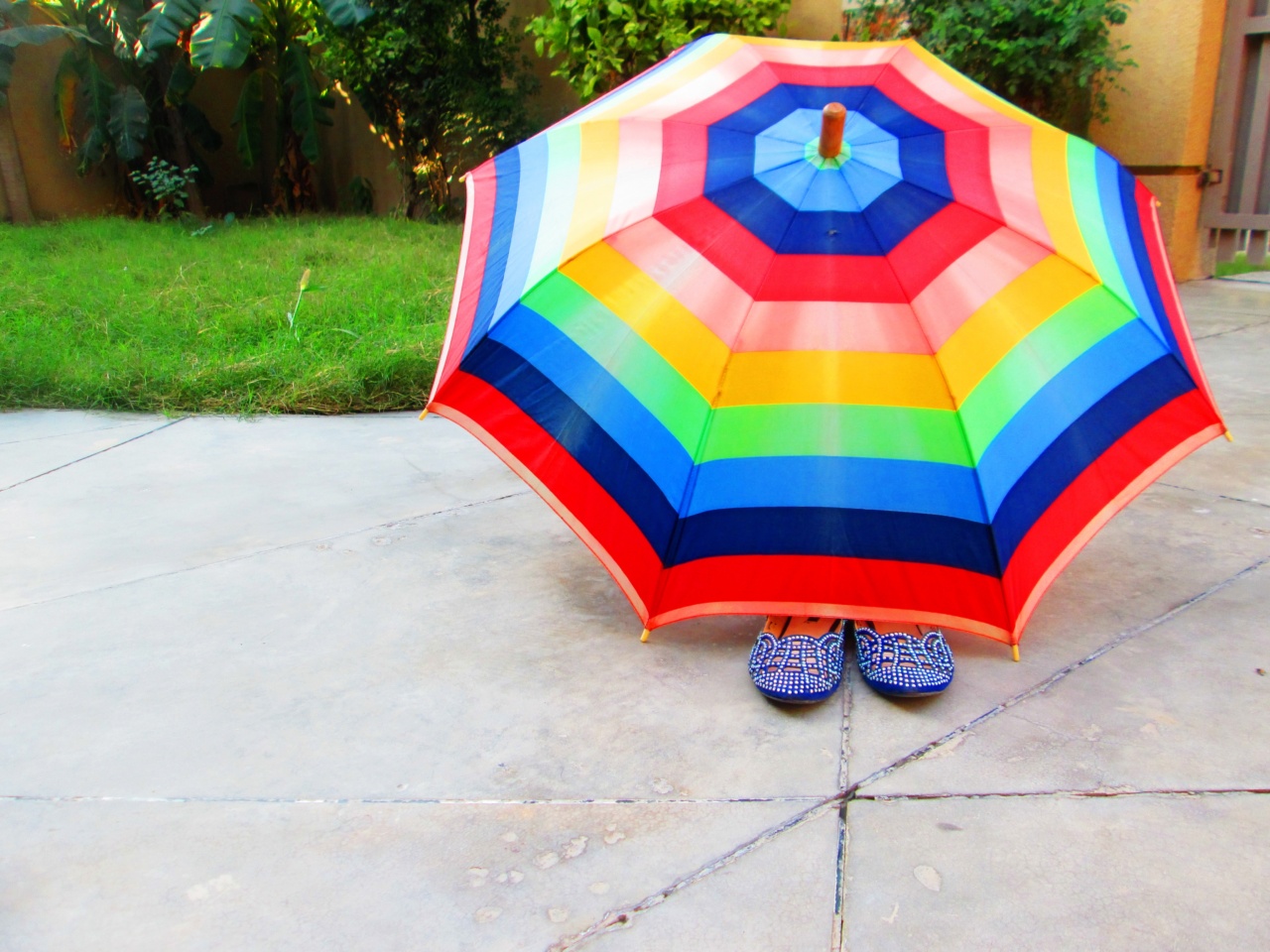Summer is a season of fun and outdoor activities. With the days getting longer and the temperatures rising, it’s time to hit the beach, go for a hike, or stroll through a park.
But with all the excitement, it’s important to remember that the sun can be harmful to your skin, and taking steps to protect yourself from UV rays is crucial in keeping yourself safe. Here are some tips to help you stay healthy and protected while spending time outdoors.
1. Wear Protective Clothing
When choosing what to wear outdoors, pick clothes that will provide protection against the sun. Clothes made from darker colors tend to absorb more UV radiation than lighter colors, so choose clothing in light colors.
Long-sleeved shirts, pants, and skirts cover more skin, providing more protection. Also look for clothing that has an Ultraviolet Protection Factor (UPF) rating. The higher the UPF rating, the more protection the clothing offers against UV radiation.
2. Wear Hats and Sunglasses
Protect the areas most vulnerable to sun damage – your eyes and face – by wearing a wide-brimmed hat and sunglasses.
A hat with a brim that covers your forehead, nose, and ears can block about 50% of UVB rays and 10% of UVA rays from your face, neck, and ears. Your eyes are also vulnerable to UV radiation, which can result in cataracts, macular degeneration, and other eye problems. Look for sunglasses that offer 100% protection against both UVA and UVB rays.
3. Avoid Sun Exposure During Peak Hours
The sun’s UV rays are strongest during midday, between 10 a.m. and 4 p.m. Try to plan your outdoor activities before or after these hours, or if you need to go out during this time, seek shade as much as possible.
The shade can block up to 50% of UV rays, which can help reduce your risk of sunburn and other skin damage.
4. Use Sunscreen
Sunscreen is a must in protecting your skin from UV rays. Apply sunscreen with at least SPF 30 to all exposed skin, including your face, neck, ears, and any other areas not covered by protective clothing.
Apply sunscreen at least 15 minutes before sun exposure and reapply every two hours or more often if you are swimming or sweating. Be sure to use enough sunscreen to cover all exposed skin, and don’t forget areas like your scalp, the tops of your feet, and your lips.
5. Stay Hydrated
Being out in the sun can cause dehydration, which can lead to fatigue, headaches, and even heatstroke. Drink plenty of fluids, especially water, to help prevent dehydration. Avoid caffeine and alcohol, which can increase your risk of dehydration.
6. Be Aware of Your Medical Conditions
If you have a medical condition that affects your skin’s sensitivity to UV radiation, such as lupus, albinism, or certain medications, it’s important to take extra measures to protect yourself from the sun.
Talk to your doctor about what steps you can take to stay safe while enjoying outdoor activities.
7. Check Your Skin Regularly
Check your skin regularly for any changes, such as moles or freckles getting bigger, changing color, or becoming itchy or painful. If you notice any changes, make an appointment with your dermatologist as soon as possible.
Early detection is key in treating skin cancer and other skin conditions.
8. Take Extra Care When Near Water, Sand, or Snow
Water, sand, and snow all reflect UV radiation, increasing your overall exposure to the sun’s harmful rays. If you’re planning on spending time near any of these areas, take extra care and precautions.
Choose swimwear with UPF protection, wear protective clothing, apply sunscreen regularly, and take breaks in the shade as often as possible.
9. Be Mindful of Your Children
Children are more vulnerable to the damaging effects of UV radiation than adults, so it’s important to take extra care when protecting them from the sun.
Make sure they are wearing appropriate protective clothing, including hats and sunglasses, apply sunscreen regularly throughout the day, and seek shade as much as possible. Keep infants under six months of age out of direct sunlight as much as possible.
10. Practice Safe Sun Habits
Protecting your skin from the sun isn’t just important during the summer months. UV radiation can be present year-round, even on cloudy or overcast days.
Make it a habit to protect your skin by following these tips every day, regardless of the season or weather conditions.




























